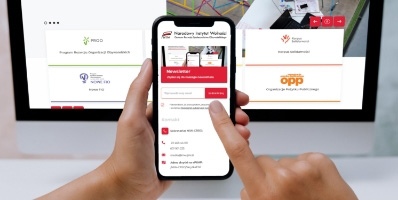The programme aims to contribute to the development of civil society through the development and implementation of solutions that will facilitate and encourage the systematic and long-term involvement of citizens in volunteering.
The Solidarity Corps Programme (PL) focuses on four groups of recipients:
- volunteers,
- volunteering organisers,
- volunteering coordinators,
- volunteering environment.
The Solidarity Corps is based on a systematic, long-term volunteering model. According to research, this is the most deficient form of volunteering activity of Poles. Concentration on this form of volunteering does not mean at the same time deprecating the idea of occasional volunteering, which is an important area of voluntary and unpaid activity for the benefit of others.
Strengthening and developing long-term volunteering aims to raise the profile of volunteering activities, raise interest in volunteering, and encourage citizens to engage in such activities. The establishment of the Solidarity Corps also has the task of promoting volunteering among non-governmental organisations and public institutions, which until now had little or only sporadic use of volunteering activity.
The effect of strengthening the volunteers and volunteering organisers participating in the Programme is to provide real help to people and communities in need of support. All undertaken actions are aimed at increasing sensitivity to the needs of people at risk of exclusion or socially excluded, increasing mutual assistance, and, as a result, increasing solidarity between people and social trust.
Such a change in attitudes should result in the promotion of volunteering, encourage to join the ranks of volunteers, and cause that other communities and social groups interested in cooperation will also benefit from the help of volunteers.















 2.78MB
2.78MB 0.01GB
0.01GB


